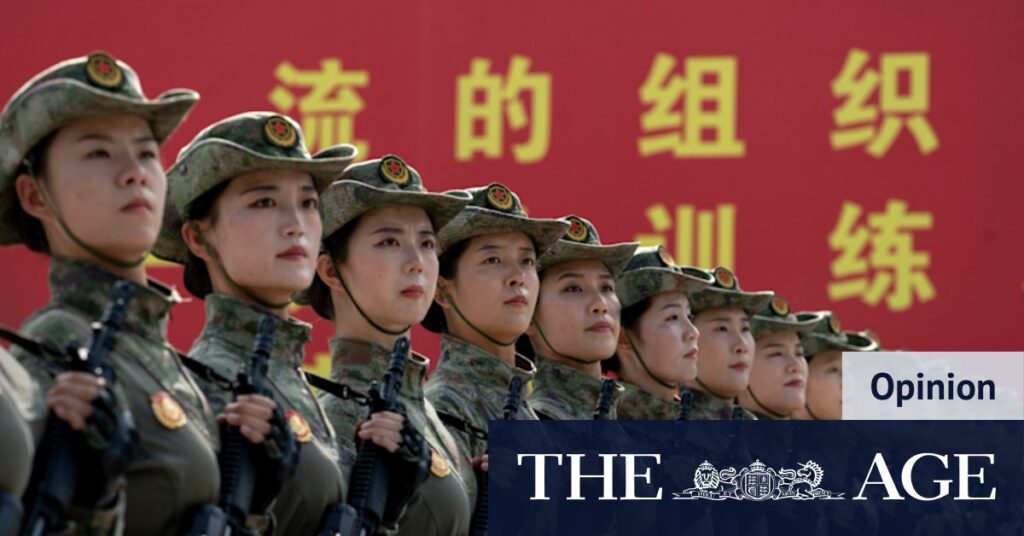
When Australians tuned into their Bakelite radios in 1945 to hear of China’s victory over Japan, they recognized it as the triumph of an ally. The end of World War II marked a significant moment, not just for China, which had endured immense suffering, but also for Australia, whose security was indirectly bolstered by China’s resistance against Japanese forces.
The announcement comes as China prepares to commemorate the 80th anniversary of the end of World War II. Soldiers from the People’s Liberation Army are currently practicing for a military parade, a spectacle that will honor the sacrifices made during the war. For many Australians, this commemoration is a reminder of the historical ties between the two nations, forged in the crucible of conflict.
The Strategic Impact of China’s Resistance
During the war, Chinese armies played a crucial role in keeping approximately one million Japanese troops occupied, a strategic move that historian John Hirst notes was pivotal. According to Hirst, this engagement made it impossible for the Japanese navy in 1942 to argue successfully for an invasion of Australia, as the Imperial Army could not spare the necessary divisions.
“Chinese armies had kept 1 million Japanese troops tied down, making it impossible for the Japanese navy to win its case for an invasion of Australia.” — Historian John Hirst
For Australians, the link between these sacrifices and their own security was clear. The Chinese theater of the war was a topic of discussion in many Australian households, including my own, where my father, a Pacific veteran, and my mother, who served in the army alongside other family members, shared stories of the war’s impact.
A Personal Invitation and Historical Reflection
It is against this backdrop that I accepted an invitation from the Chinese consul-general to attend the 80th celebration of their victory in Beijing. This personal journey, undertaken at my own expense, is not just a nod to the past but also a recognition of the intertwined histories of Australia and China.
The Chinese experience during World War II deeply touches Australian history. The horrors of the war were extensively reported in Australia, leading to significant actions such as the 1938 strike by waterside workers in the Illawarra. These workers refused to load Japanese vessels with iron, which was used to manufacture bombs dropped on Chinese civilians. Their actions were particularly heroic given the high unemployment rates during the Depression era.
“The horrors of the war, reported extensively in Australia, had led waterside workers in the Illawarra in 1938 to strike rather than load Japanese vessels with iron used to make bombs to drop on Chinese civilians.”
Commemorating a Shared History
The upcoming celebrations in Beijing are not just about honoring the past but also about acknowledging the ongoing relationship between China and Australia. As the world reflects on the lessons of World War II, these commemorations serve as a reminder of the importance of historical memory and the alliances that shape our present and future.
Meanwhile, discussions around these historical events continue to influence contemporary diplomatic relations. The shared history of sacrifice and alliance during World War II is a foundation upon which both nations can build stronger ties, fostering mutual understanding and cooperation in a complex global landscape.
As we look forward, the implications of these historical events continue to resonate. The commemoration in Beijing is a poignant reminder of the sacrifices made and the enduring legacy of those who fought for freedom. It is a call to remember the past while forging a path forward, informed by the lessons of history.







